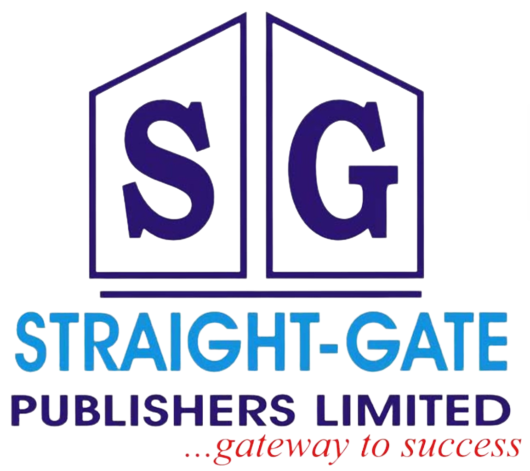Academic Book Publishing in the Digital Age: Navigating Copyright, Licensing, and Intellectual Property Issues
The advent of the digital age has revolutionized the landscape of academic book publishing, presenting new challenges and opportunities for authors, publishers, and readers alike. With the rapid growth of digital platforms and the ease of online dissemination, issues related to copyright, licensing, and intellectual property have become more complex and critical to navigate. This article explores the key considerations and strategies required to effectively address these challenges in the digital age.

Understanding Copyright:
Copyright is the legal protection granted to authors, giving them exclusive rights over their original works. In the context of academic book publishing, copyright ensures that authors have control over the reproduction, distribution, and adaptation of their scholarly works. However, the digital age has raised questions about the extent of copyright protection and the balance between authors’ rights and wider access to knowledge.

Licensing Models:
To facilitate access to digital content while respecting copyright, licensing models have emerged as valuable tools in academic book publishing. Creative Commons licenses, for example, provide a flexible framework that allows authors to grant permissions for certain uses of their work. By choosing the appropriate Creative Commons license, authors can specify the conditions under which their works can be shared, remixed, or used for commercial purposes online.
Open Access Publishing:

Open Access (OA) publishing has gained significant momentum in the digital age. It provides unrestricted access to scholarly works, removing barriers such as paywalls and subscription fees. OA publishing models, such as Gold OA and Green OA, promote the wide dissemination of research, fostering collaboration and accelerating scientific progress. However, while OA offers benefits for authors and readers, it also poses financial challenges for publishers who need to sustain their operations.
Digital Rights Management (DRM):

As digital content can be easily reproduced and distributed, publishers have turned to Digital Rights Management (DRM) technologies to protect their works from unauthorized copying and piracy. DRM systems employ encryption and access control mechanisms to safeguard the integrity of digital files. However, DRM has generated debates concerning its impact on user experience, fair use, and the freedom to access and use knowledge.
Intellectual Property in Collaborative Research:
Collaborative research projects are becoming increasingly common in academia, involving multiple authors from different institutions. In such cases, clarifying ownership and rights over intellectual property becomes crucial. Researchers must establish agreements and protocols upfront to ensure fair distribution of credit and the proper management of intellectual property rights. This includes considerations for data sharing, publication rights, and potential commercialization opportunities.
Ethical Considerations:
Ethics play a vital role in navigating copyright, licensing, and intellectual property issues in academic book publishing. Plagiarism, copyright infringement, and improper attribution can have severe consequences for authors and publishers. It is essential to adhere to ethical guidelines and ensure that proper credit is given to the original creators of works referenced in academic publications.
Finally, in the digital age, academic book publishing faces intricate challenges related to copyright, licensing, and intellectual property. While technologies have provided unprecedented access and collaboration opportunities, they have also raised complex questions regarding ownership, distribution, and protection of scholarly works. Publishers, authors, and researchers must remain vigilant, keeping abreast of evolving copyright laws, licensing models, and ethical considerations. By adopting innovative approaches and striking a balance between authors’ rights and wider access to knowledge, academic book publishing can thrive in the digital age, fostering the advancement of scholarship and intellectual discourse.
By Janice Johnson Pemida


1 thought on “Academic Book Publishing in the Digital Age: Navigating Copyright, Licensing, and Intellectual Property Issues”
Straight Gate Publishers Limited is really making publishing a worthy engagement in this country